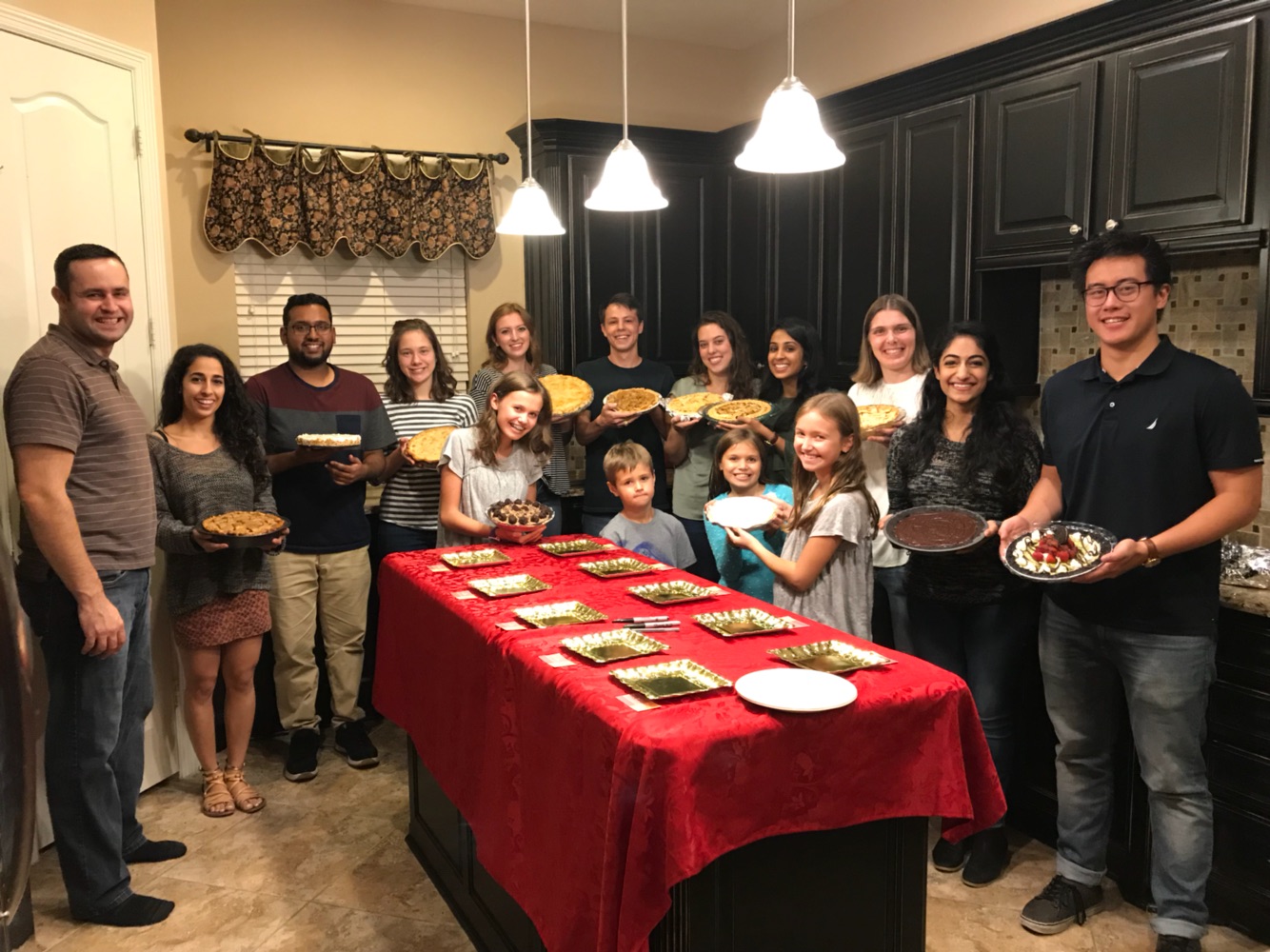Another month has come and gone since my last blog post, but it seems like only yesterday that we were getting back from Brazil.
PalliAssist, my palliative care app, has faced primarily logistic obstacles over the past month. The next step is to conduct a clinical trial showing the effectiveness of using the PalliAssist system, which unfortunately means going through a lot of red tape in gaining approval from Rice’s Institutional Review Board (IRB) to conduct the trial. Most of my work on PalliAssist over the past month has involved learning and beginning this process with the IRB and other preparatory tasks for the clinical trial.
A big focus of the last month for us has been the collection of unmet clinical needs. The goal here is to look for ways to improve the current standard of care, where we as engineers could design something to make that improvement. To look for these needs, I have been observing various procedures in hospitals and interviewing people I know that work in healthcare. By starting with needs finding, we are learning the importance of making sure the solution we may be designing is actually solving an important-enough problem. An engineer may develop a great solution to a problem, but if it’s the wrong problem, then the solution won’t be successful. Each of us will eventually have the opportunity to start a design project based on one of the needs we find, but I can talk about that in a later blog post.
One interesting trend I noticed was how many more needs I have been able to get from observations than interviews. In interviews, I ask people about the most time consuming and cost driving processes they do, and if there is anywhere else they see room for improvement. I have found that by simply observing procedures, as an outsider and someone specifically looking for needs, I am able to note many more than what the physician would have told me. There are likely several causes for this phenomenon, but what it has taught me is the value of being able to think critically about the limitations of my own work. Putting myself in the healthcare worker’s shoes, there are likely factors that affect my work that I don’t realize. Consistently challenging assumptions I have about the way I do different things, like is done in observations, may empower me to work much more effectively.
Getting into the holiday mood, Dr Richardson hosted us all at his house for a pie-baking competition, where we each entered our own pie. In preparation, I dropped my pie, causing it to deform but still remain in the pie pan. Making the best of the hand I was dealt (or the one I dealt myself), I marketed it as a “hand-tossed” buttermilk pecan pie. Unfortunately, I couldn’t recover to win the coveted best overall award. Nevertheless, it was a great night with the GMI cohort and the Richardson crew.



